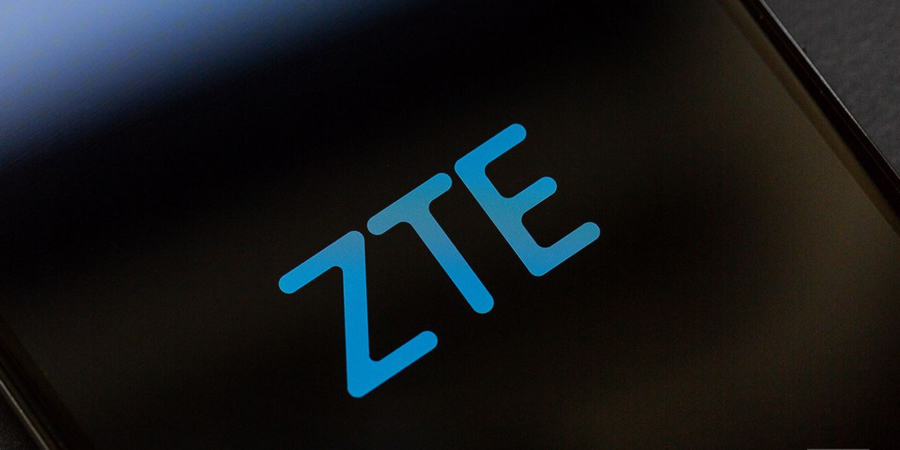The United States has temporarily allowed Chinese telecoms company ZTE to resume some activities while it works to meet conditions set by Washington in a politically charged settlement reached last month.
In a Federal Register notice, the Commerce Department gave ZTE until August 1 to continue supporting its existing US equipment and networks, lifting some restrictions put in place in April that had brought the company to the brink of collapse. The waiver does not permit companies to begin any new business with ZTE, however.
The move follows President Donald Trump's decision in May to spare ZTE as a personal favor to Chinese President Xi Jinping. In April, the Commerce Department banned the sale of crucial US components to the company after finding it had repeatedly lied and failed to take action against employees responsible for sanctions violations. But in an agreement struck last month, Washington offered to lift the ban if the company agreed to pay an additional $1 billion fine, replace its board of directors, retain outside monitors and put $400 million in escrow to cover any future penalties.
ZTE took one of those steps, removing its board of directors, naming eight new board members and firing top executives. However, The Wall Street Journal reported that incoming board members retained ties to ZTE's controlling shareholder, a state-backed entity, and that former members would remain influential over the company.
Trump's reprieve for ZTE outraged lawmakers, who have advanced legislation to block the deal and who say it rewarded a company which had repeatedly broken US law and engaged in espionage.
The detente over ZTE comes as trade relations between Washington and Beijing continue to worsen. The United States is due to begin enforcing tariffs on more than $30 billion in Chinese imports as retribution for what Washington describes as Beijing's theft of American technology and other unfair trade practices. Beijing has vowed to respond with its own tariffs immediately, which Trump has said will invite far steeper US counter-measures, potentially covering another $400 billion in Chinese goods





